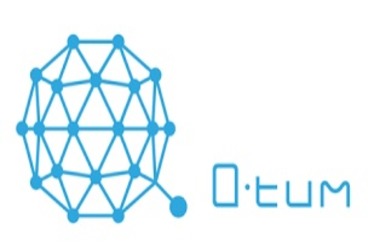
This is a crucial step for atomic swaps, a function that allows on-chain trades or exchanges on two distinct blockchains of cryptocurrencies without any need to depend on a neutral third party. This is a major step forward for Bitcoin to enable interoperability between several blockchains and itself in a trust-free way. Atomic swaps are not totally new, as Bitcoin Magazine initially reported a few months ago on a Lightning Network ERC-20 swap with Bitcoin.
According to Qtum’s blog post, Hash Time-Locked Contracts or HTLC are the key solution that enables atomic cross-chain swaps. In a brief description, HTLC mainly locks the funds for sufficient time in a financial transaction so that both blockchains can officially confirm the transfer of funds on their own (by block confirmations) and provide both parties enough time to claim their funds.
If a predetermined time lapses without any claim to funds, everything is sent back to the parties involved in the transaction.
The whole atomic swap process is summed up as follows in the blog post:
Alice activates a Qtum transaction containing a time-limited contract and remits QTUM to Bob.
Bob investigates the deal. When authorized, Bob takes part in a comparable Bitcoin transaction that pays BTC to Alice.
Alice validates the deal.
Alice redeems BTC from it when the transaction is authorized. Bob draws a secret from the redemption deal.
Bob redeems the initial transaction with QTUM.
If the time in the time lock is exceeded and Bob does not redeem the token, Alice can reimburse the token.
Qtum made considerable progress in the last year in creating its blockchain for widespread adoption and interoperability. Atomic swaps are only the next step in the process. They are also a pivotal step for interoperability with the Lightning Network.
Importance of atomic swaps
Atomic swaps fix a major issue in cryptocurrency, which is the apparent inability to buy and sell two different currencies directly without relying on a trusted third party such as an exchange or company.
In this example, let’s say that Alice decides to buy a digital collectible from Bob, and there’s no way to transact. If Alice decides to remit money to Bob for a novelty item, Bob can quickly and easily get the money. In addition, the reverse could occur, when Bob first sends the collection and Alice never remits the money in return.
The issue in this example is the trust factor. If trust is taken into account in the risk of online transactions, it turns out to be much riskier. Atomic swaps are a solution to this issue, as explained above, because they basically allow for the exchange of funds between parties without relying on anything besides math to make sure that the entire process is finished smoothly.